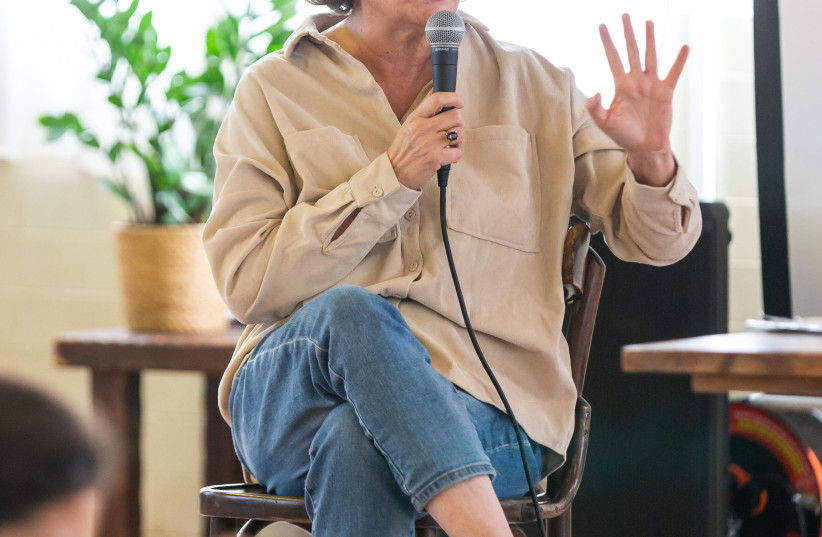Mifal Hapayis announced the five finalists for the 2023 Sapir Prize for Literature earlier today.
Two of the nominees, Gail Hareven and Orly Castel-Bloom, are previous winners of the prize.
The five candidates for this year are:
‘What Happened to Hagar in Eilat’ by Ofra Offer Oren (Published by Kinneret Zmora Bitan), ‘Biotope’ By Orly Castel-Bloom (published by Siman Kria / Hakibbutz Hameuchad), ‘Ho-Mama’ by Tami Bezaleli (published by Afik Israeli Literature), ‘Life’ by Gail Hareven (published by Ahuzat Bayit), and ‘Bite Marks’ by Hanoch Marmari (published by Keter).
A prestigious tradition
This year marks the 23rd time that the Sapir Prize, established in 2000 for the advancement of Hebrew literature and Israeli writers, has been awarded. The winner of the Sapir Prize will be announced in a ceremony that will be held at the end of February 2024.
The winner will receive a prize of NIS 180,000, and the winning book will be translated into Arabic as well as another foreign language. Moreover, Mifal Hapayis will purchase 500 special editions of the five shortlisted books to be delivered to libraries across the country.

“It feels strange to talk and argue about literature during this horrific war when our hearts go to the soldiers and the hostages,” said Oren Nahari, the Sapir Committee head.
“But maybe not so strange,” he added, quoting a saying attributed to Churchill, who, when asked to cut arts funding in favor of the war effort, answered, ‘Then what are we fighting for?’”
“We are fighting for the state of Israel, for its future and, yes, for its culture, a culture which began with the Book of Books and was reborn with the Modern Hebrew in Israel,” added Nahari.
A rainbow of literature
“The books selected for the shortlist were written by five writers, some already known and others less so, a few dealing with universal issues and others that are very much rooted in Israel here and now. All are riveting, thought-provoking, and original,” said Nahari. “A rainbow of Israeli culture.”
The shortlist for the First time writers will be comprised of three books, each receiving NIS 30,000, and the winner in this group will get NIS 75,000.
The Sapir Prize is named after Pinchas Sapir, who was an Israeli politician during the first three decades following the country's founding. He held two important ministerial posts, Minister of Finance and Minister of Trade and Industry, as well as several other high-ranking governmental posts.
